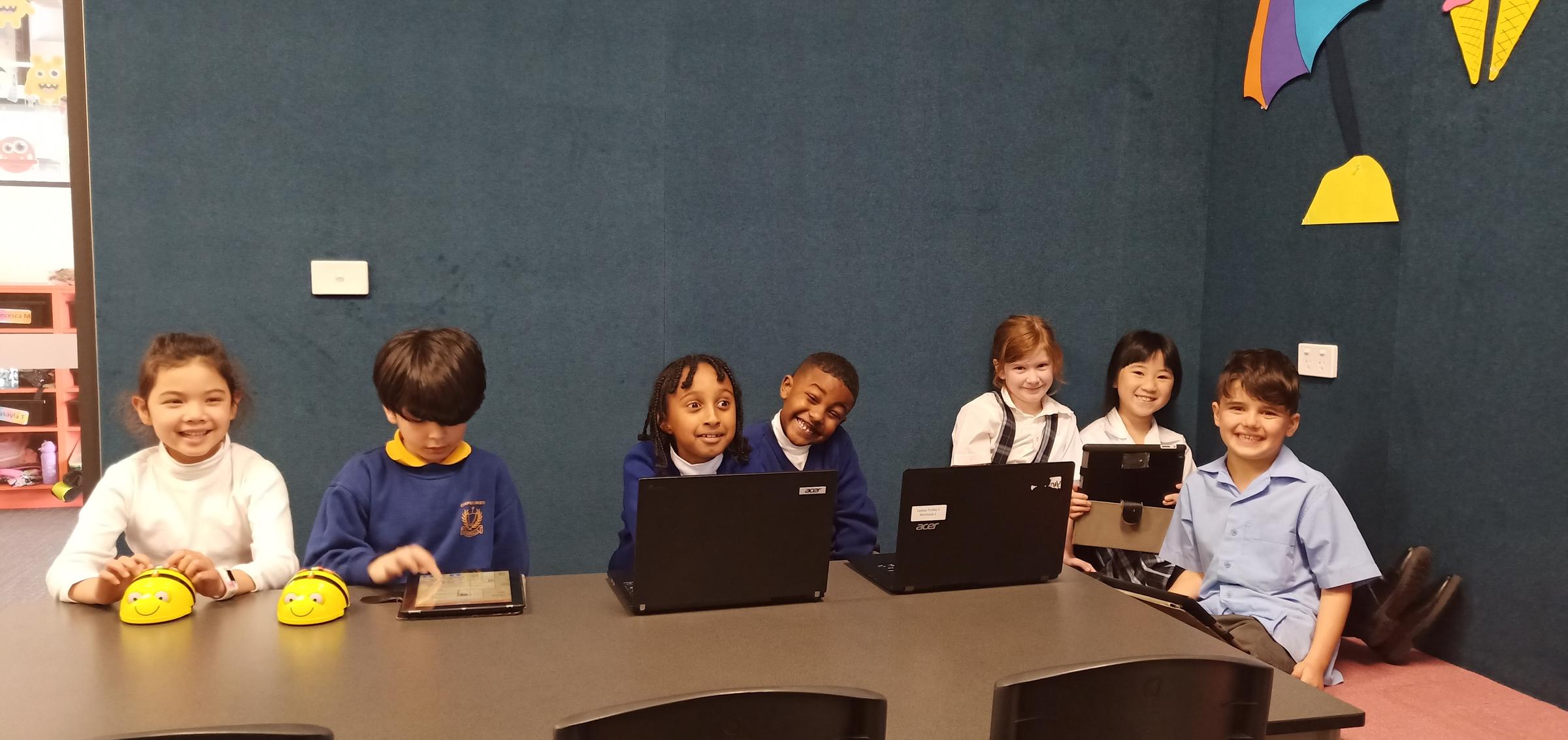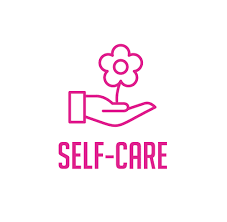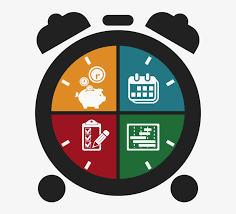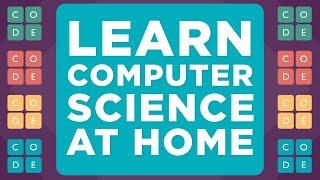e-Learning News

3 Tips for Home Learning
Self Care
Self-care is important to your successful learning experience. A healthy mind (and body) is a mind ready for learning.
- Advocate for your learning needs: Ask for flexible ways of participating in the class that work for you. This is important for learners who require specific accommodations, such as a note taker or extended test time, but is also important for all learners.
- Schedule breaks: Get up and walk around, go outside, schedule your distractions, don’t forget to move. Plenty of apps exist to keep you on task and turn off distractions, as well as remind you to get up and take breaks.
- Maintain healthy habits: Your brain, like your body, needs rest and exercise. Get sleep, stay hydrated, go outside, eat well.
Time Management
One of the biggest benefits of online learning is flexibility but too much freedom can pose new challenges. Find ways to structure and optimize your time for when and where you learn best and keep your learning on track.
- Set aside time for learning: This doesn’t mean you need to find four-hour blocks, three days a week. Online learning is designed to be modular and flexible. You may find 15 minutes to watch a short video lecture and write a three-sentence reflection post. But of course, other learning activities will require more time. Plan and dedicate time to learn as you would to exercise or spend time with friends.
- Track deadlines: Add important due dates to a calendar so you don’t miss important deadlines.
- Minimize distractions: As much as you can, minimize distractions both in your physical environment and your digital environment. Close web browser windows not relevant to your learning, keep the TV off, etc.
Community and Social Learning
Online learning comes with connections to both world-class professors and a global community of passionate classmates. Find ways to connect with these rich learning communities, from participating in forums to networking with peers.
- Keep your instructor informed: Ask your instructor for help when you need it—let them know if you are ill, unable to log on, etc.
- Virtually meet and interact with your learning peers: You are not alone! Introduce yourself, answer questions posted by the instructor in the discussion forums, and respond to your peers’ posts.
E-Learning Coordinator
Zachary Lane
Coding at Home!
Coding is becoming more and more important in the education of students. But fear not! This does not need to be complicated and there is always a lot of support out there if you know where to look.
As a bonus, plenty of primary level coding does not need any computer. If you are looking to fill in a half-hour at home and have the time to play some games together with your child, check out CS Unplugged.
E-Learning Coordinator
Zachary Lane




